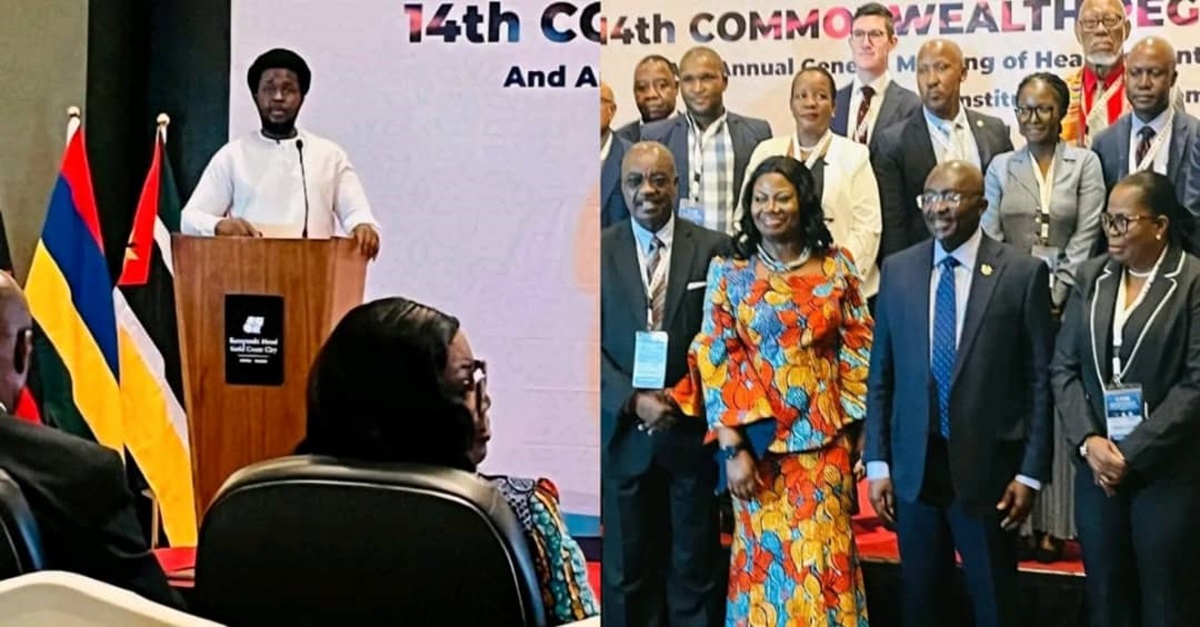The 14th Regional Conference of Heads of Anti-Corruption Agencies in Commonwealth Africa concluded on Friday 10 May 2024 in Accra, Ghana with a unanimous adoption of a communiqué outlining a shared approach to addressing the most pressing challenges posed by corruption.
The five-day conference was organised by the Commonwealth Secretariat in collaboration with the Government of Ghana and convened under the theme “Strengthening institutions and promoting transparency: A means of fighting corruption in Commonwealth Africa”.
Francis Ben Kaifala, the Commissioner of Sierra Leone’s Anti-Corruption Commission, addressed the Heads of Anti-Corruption Agencies in Accra, shedding light on the country’s innovative approach to combating corruption.
Kaifala emphasized a departure from discretionary prosecution decisions, introducing a comprehensive policy framework guiding the prosecution department.
Under this system, various considerations such as the nature of the offense, fairness of alternatives to prosecution, and potential impact on the economy are meticulously assessed.
The policy offers a range of non-criminal alternatives including civil penalties, restitution, forfeiture, cooperation agreements, and deferral agreements.
Notably, these measures are executed without the need for court intervention, circumventing challenges often faced within the judiciary.
Delegates recognised that corruption continues to be a key challenge in the continent. The United Nations reports that corruption and illicit financial flows cost the global economy US$3.5 trillion every year. According to UNCTAD’s Economic Development in Africa Report 2020, it is estimated that Africa loses more than US$50 billion a year to illicit flows. In the last 50 years, Africa lost over US$1 trillion, which is the equivalent to all the official development assistance received during the same period.
The heads of Anti-Corruption Agencies in Commonwealth Africa agreed to enhance efforts to combat corruption by increasing cooperation between local, regional and international agencies. Additionally, they emphasised the critical need to utilise technology to combat corruption in order to achieve Sustainable Development Goal (SDG) 16.
Sierra Leone’s journey in combating corruption serves as a beacon of hope, showcasing the transformative power of strategic policies and unwavering dedication to transparency and accountability.



 Post a comment
Post a comment








